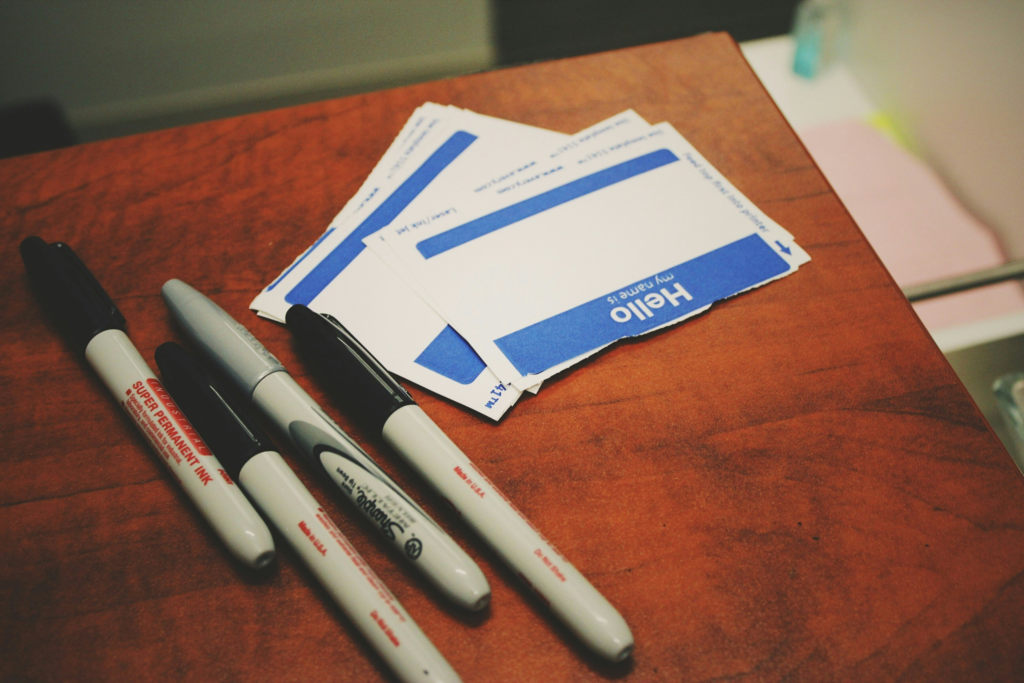The Audacity of Equality: Fearless Storytelling in Hasan Minhaj’s “Homecoming King”

With his political comedy series, Patriot Act, Hasan Minhaj is rapidly gaining international attention for his twenty-minute deep dives into controversial and relevant topics as diverse as student loan debt, affirmative action, immigration enforcement, and hip-hop’s global influence on resisting dictators. Recently, the show has been nominated for a Peabody Award and in 2019 landed Minhaj a well-deserved spot on TIME’s 100 most influential people list. A viral 2018 episode of the Netflix series was banned in Saudi Arabia as a “cybercrime” for its harsh criticism of Crown Prince Mohammad bin Salman’s (MBS), specifically regarding his involvement in the murder of journalist Jamal Khashoggi. In response, Minhaj opens his 2019 season with the claim, “We got Saudi Arabia to issue its very own Muslim ban” (referring to his own Indian-Muslim heritage). Then, rather than stepping back from playing with the fire of roasting authoritarian leaders, Minhaj launches into a condemnation of the Chinese government and president Xi Jinping for their extreme measures of internet censorship, known as “The Great Firewall.”
This kind of brazen political satire is only to be expected of Minhaj after his four year stint on The Daily Show and his appearance as host of the White House Correspondents’ Dinner, which Vanity Fair called “scorching.” However, you may have missed another major accomplishment of Minhaj’s which reveals a more personal and poignant side to his comedy: Homecoming King (2017). This hour-long Netflix special demonstrates his ironic and witty comedy as both self-deprecating and culture-critiquing, nostalgic and of-the-moment, appealing to both the mainstream and the marginalized. The performance immediately received critical acclaim and won Minhaj a Peabody award for “a singular personal narrative . . . anchored by Minhaj’s surplus of personal charm, boundless energy, and sincere humanity.”
Much of the special is true to Minhaj’s graphics-inundated and pop-culture laden brand, recognizable from his former Daily Show segment “Hasan the Record,” which has now been cranked to eleven in Patriot Act. Fast-talking and on-the-move, Minhaj makes use of the entire stage while supplementing his act with perfectly timed and seamlessly incorporated visuals, including projections of charts, photographs, Facebook posts, colorful comic book like scenery, or even video clips such as an Indian boy winning a spelling bee. He also employs myriad allusions to millennial childhood, such as Ghostbusters, Mario Kart, Danny Tanner, horcruxes, dial-up internet, AIM (AOL Instant Messenger), and modern tech lingo such as “swipe left,” “hashtag blessed,” and “Tools: Clear History.”
Homecoming King steers away from Minhaj’s past on-screen work, as well as the set-up/punchline format of traditional live sets by leaning heavily on well-crafted storytelling centered around common themes, such as racial prejudice, confronting the past, and chasing one’s dreams. Minhaj says this move was inspired by European comedians and his involvement in the The Moth, but he also acknowledges a great debt to his director, Greg Walloch, who helped give “an arc and a through-line” to Minhaj’s “notebook of stories.”
In an Off Camera interview, Minhaj describes the current political moment as “absolutism,” explaining, “It’s thumbs up or thumbs down; we swipe right or we swipe left.” This hilarious, thought-provoking narrative presents a much more nuanced approach to sensitive issues like racism by combining the concerns of Minhaj’s political satire with personal experience. One of the most prominent through-lines of the show is his raw honesty about the deep-seated tension surrounding his identity as the son of Muslim Indian immigrants.
Openly affirming Indian-Americans stereotypes, Minhaj criticizes “brown parents” for keeping secrets, having unreasonable standards, and never smiling, claimng that “brown love is conditional.” However, he also refers to some audience members as “uncles,” used in many cultures as a term of respect for older men, regardless of blood-relation. Concerning his own family, he recounts a traumatizing experience of racial prejudice in the immediate wake of 9/11. He paints a poignant image of his father in the street, sweeping up bits of their broken car windows, then “just [walking] back into the house with glass in his feet.” He describes his father’s response to hate as a philosophy of “put your head down” and just pay the “American Dream tax.” In contrast, he says, “I was born here, so I actually have the audacity of equality.” Yet Minhaj admits that oftentimes “[he] honestly [doesn’t] know who is more right,” a confession of internal conflict which is beautifully underscored by the image of a giant American flag whose stars are falling and fading into nothing one by one.
In a story of how he proposed to his now wife, Minhaj exposes the hypocrisy of his own family by showing his father’s reluctance to bless a marriage to a Hindu woman. The family has gone with Minhaj to ask her hand, and they are literally on her doorstep when his father has second thoughts, citing the dreaded phrase “that is the killer of every brown kid’s dream. Log kya kahenge? (What will people think?)” Minhaj explains how he saw this as an act of bigotry against another community when his family often complained about that very thing “behind closed doors,” but at the moment did not feel like he could challenge his father’s decision.
Later in the set, Minhaj tells the heartbreaking story of his senior prom. Eighteen-year-old Hasan is crushed when he arrives to pick up Bethany Reed, his “white princess,” for the dance, only to discover that her parents have arranged for someone else (someone white) to take her instead, and no one bothered to tell him. Bethany’s mother explains, “Sweetie, we love you,” but “we’re gonna be taking a lot of photos tonight, so we don’t think it’d be a good fit.” After spending months studying in this family’s home and eating at their table, these words cut Minhaj to the core. He describes the moment of bitter disillusionment, saying, “I didn’t know that people could be bigoted even as they were smiling at you.”
But the most interesting and powerful aspect of this story is that as Bethany’s mother is delivering her window-dressed racism, the lights fade, the camera zooms in on Minhaj’s downtrodden face, and the screen behind him is illuminated with untranslated Devanagari. If you don’t speak Hindi, you might not recognize this enormous glowing script as the exact phrase from the previous scene at a lover’s doorstep: Log kya kahenge? In this glaringly subtle move, Minhaj takes the emotional high point of his performance and infuses it with complexity and cultural criticism by creating a fundamental link between the smiling prejudice of the Reeds and the fearful, self-conscious mantra of his own family and culture: “What will people think?”
These elements and more have rightly earned Homecoming King wide praise, being hailed by Newsweek as a “smart, relatable, often funny and sometimes solemn meditation on growing up different in America.” However, the show hasn’t received due credit for its particularly bold and unprecedented inclusion of untranslated Hindi, frequently using terms like chappals, Zee TV, shaadi, and darapok, which are never explained for those unfamiliar with the language and culture, a choice that signals Minhaj’s comedy is not exclusively, or even primarily, intended for a white, English-speaking audience. It is also notable that Minhaj chooses his hometown of Davis, CA, for the filming of this performance, since it was the site of the very racism he revisits from his childhood.
A self-described “angry optimist,” Minhaj claims he’s unhappy with our current political state, but he still believes in the “marketplace of ideas” and the “goodness of people,” claiming that “love intrinsically is bigger than fear.” In Homecoming King, as in many on screen appearances, Minhaj intentionally and gratefully acknowledges his privilege as an American citizen, stating that “nobody loves this country more than immigrants.” Reflecting on his performance at the Correspondents’ Dinner, he also says, “This is the only country in the world where a child of immigrants can get on stage and make fun of the president and the administration to their face. It shows the rest of the world that no one is beyond the reach of the First Amendment.”
In the final bit of the set, Minhaj sarcastically declares, “I’m the cure for racism.” Such a claim is obvious hyperbole. However, as it caps an honest and nuanced discussion of the issue and is followed by a crowd shot that clearly features a half dozen hijab-wearing women in the front few rows, bookended by white men in baseball caps, all smiling and on their feet in fervent applause. It’s safe to say that while Hasan Minhaj might not be the “cure,” his ability to navigate challenging subject matters with satire and sobering reflection will only force conversations between Americans that we desperately need to be having.


